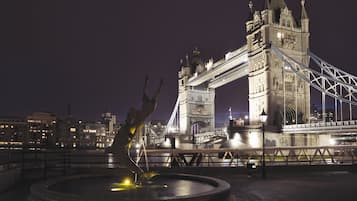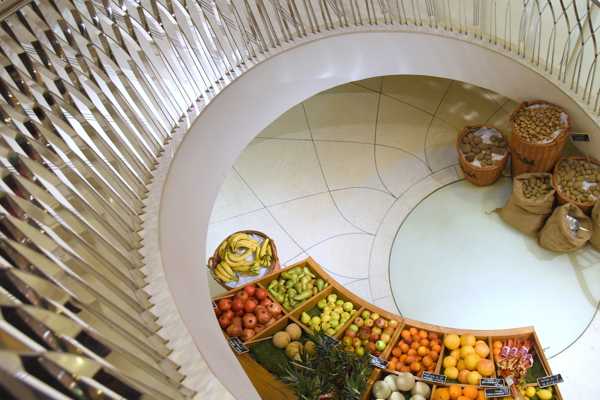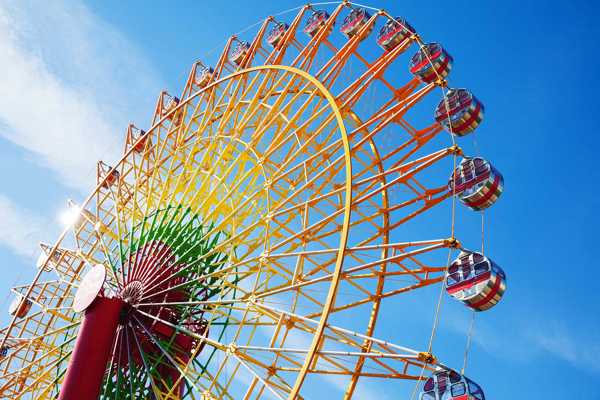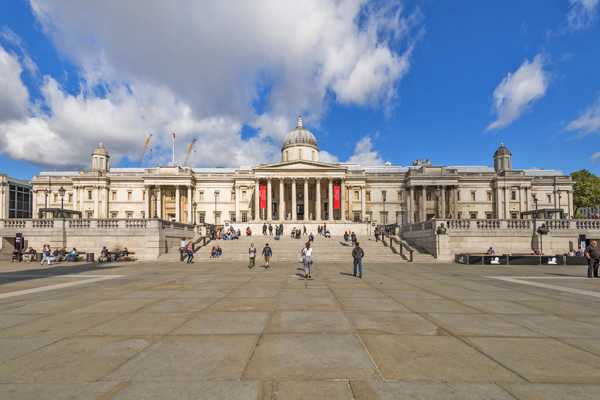The Science Museum in London explores cutting-edge science and technology through dozens of interactive exhibits on everything from electricity to psychology and space travel to climate science. Among its collection of more than 300,000 objects, you can see a working example of Charles Babbage's first calculating machine, the Apollo 10 command module, a 16th-century amputation saw, and Stephenson's Rocket, one of the earliest steam trains.
Education is the museum's main focus. Exhibits encourage you to fly a jet in the flight simulator, design a baggage handling system, create spiky patterns in ferrofluid using magnets, or catch a criminal by collecting DNA samples. All this is backed up by live science experiments, online games and apps teaching vital science skills, classroom resources, and hands-on school visits. Adults and kids alike will be awed and inspired.
Science Museum in London - one of the highlights of 10 Best Museums in London (Read all about London here)

What are the highlights of the Science Museum?
The Science Museum's space exhibition is always popular and features a full-size reproduction of the Eagle, which landed on the moon in 1969. The Flight Gallery also features full-size aircraft and hot air balloons, and enormous segments of a Boeing 747 jumbo jet. Get a look inside the intricate inner workings of clocks, watches and marine chronometers in The Clockmakers’ Museum, or hear some of the earliest radio broadcasts in the Information Age gallery.
The Medicine Galleries have thousands of fascinating objects related to our health, from a prosthetic arm designed for a piano player to ceremonial masks used in healing rituals. There are even more engrossing insights into the human body and brain in Who Am I?, where you can see what you'll look like as you age or try to steer a virtual car when the controls have been switched.
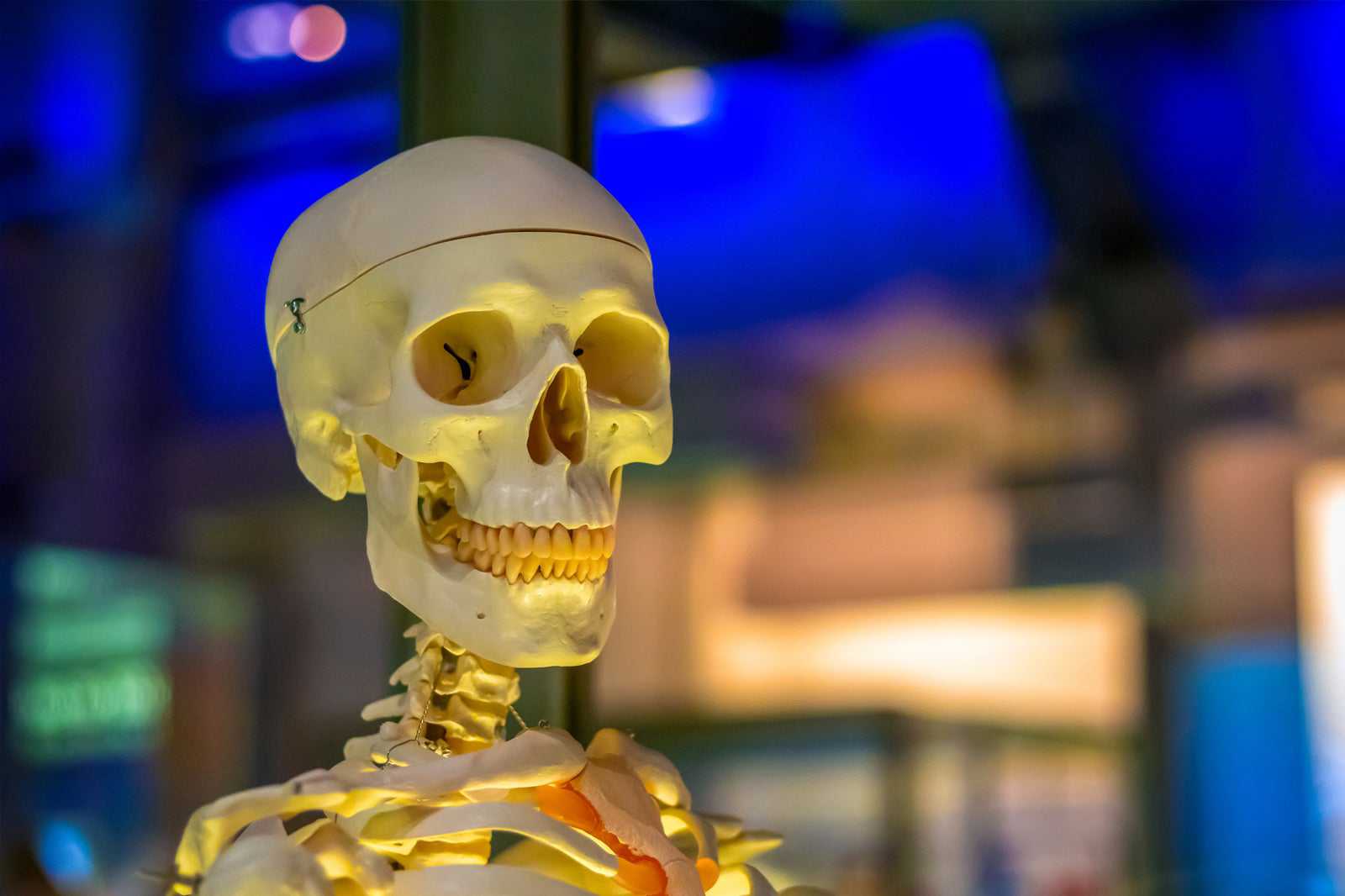
What to see and do at the Science Museum?
The Science Museum's sensational range of interactive exhibits includes a 3D flight simulator where you can fly with the RAF Red Arrows, a virtual recreation of the descent from space featuring astronaut Tim Peake, and an Electricity Zone where you can create lightning strikes. Design your very own space rover to drive across alien landscapes, test your engineering skills by building a rail network, or test the friction of different slides in the WonderLab.
Come to one of the Museum Wonders events to see the curators pull out unique objects not usually on display. Other activities aimed at older children and adults include lectures, panel discussions and film screenings, as well as an amazing silent disco. The museum's IMAX cinema shows completely immersive 3D films that will take you across the frozen Antarctic and deep into outer space.
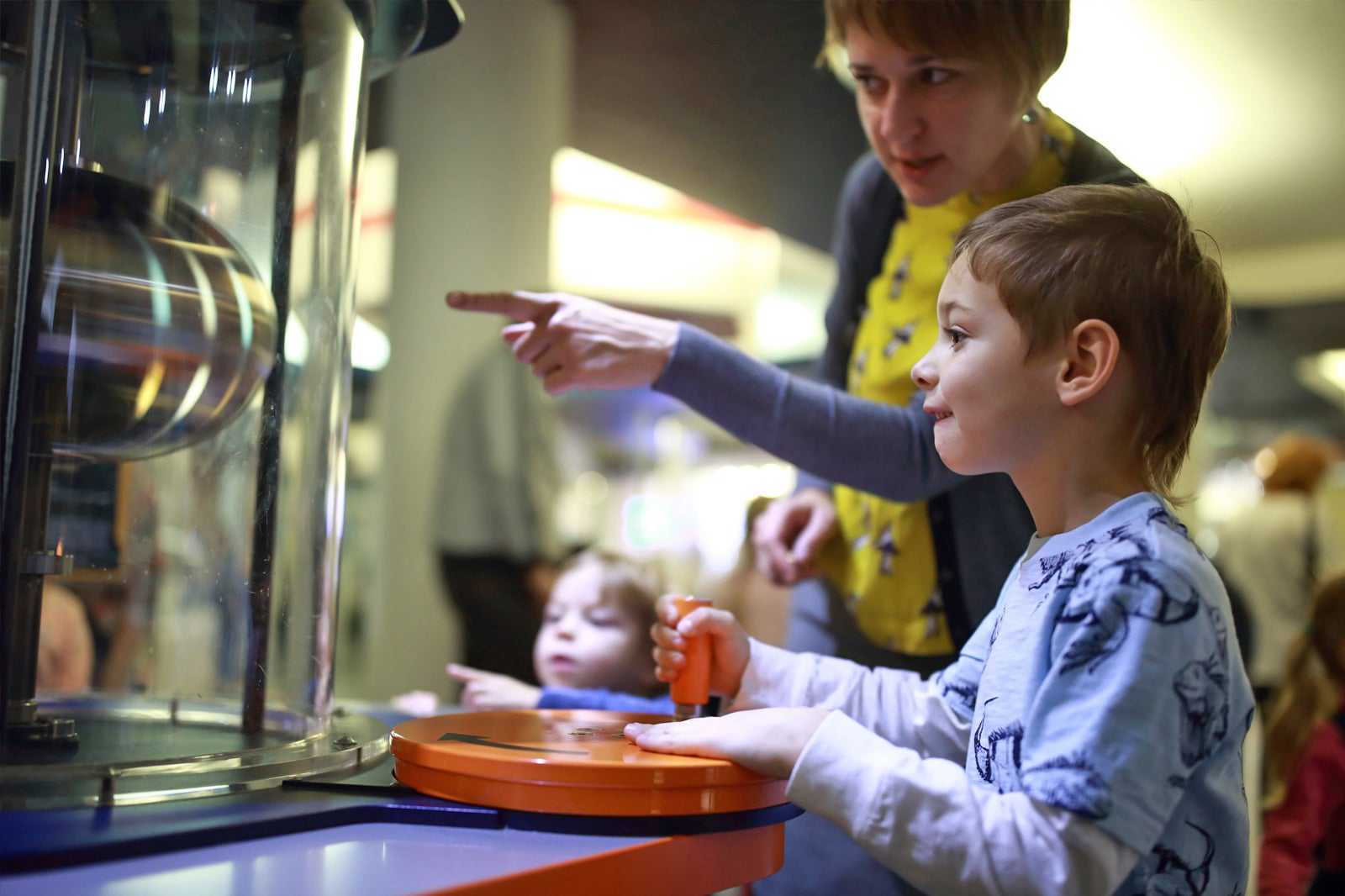
Good to know about the Science Museum
Allow between 3 and 4 hours to browse all the main exhibits. Tickets are required for the IMAX, flight simulators, the Wonderlab and the Discovery Motion Theatre, so book online in advance to avoid queuing at the ticket office. Kids who love science can stay overnight at the museum with 'Astronights', which include after-hours tours of the museum, a night spent sleeping among the exhibits, followed with breakfast and a show the next morning.
South Kensington is the nearest underground station to the Science Museum, on the District, Circle and Piccadilly lines, and if you take the pedestrian subway, you'll emerge next to the museum's main entrance. Using Transport for London's cycle hire? You can park your bike in a docking station right outside. Exhibition Road is home to 2 more major museums in London, namely the Natural History Museum and the Victoria and Albert Museum.
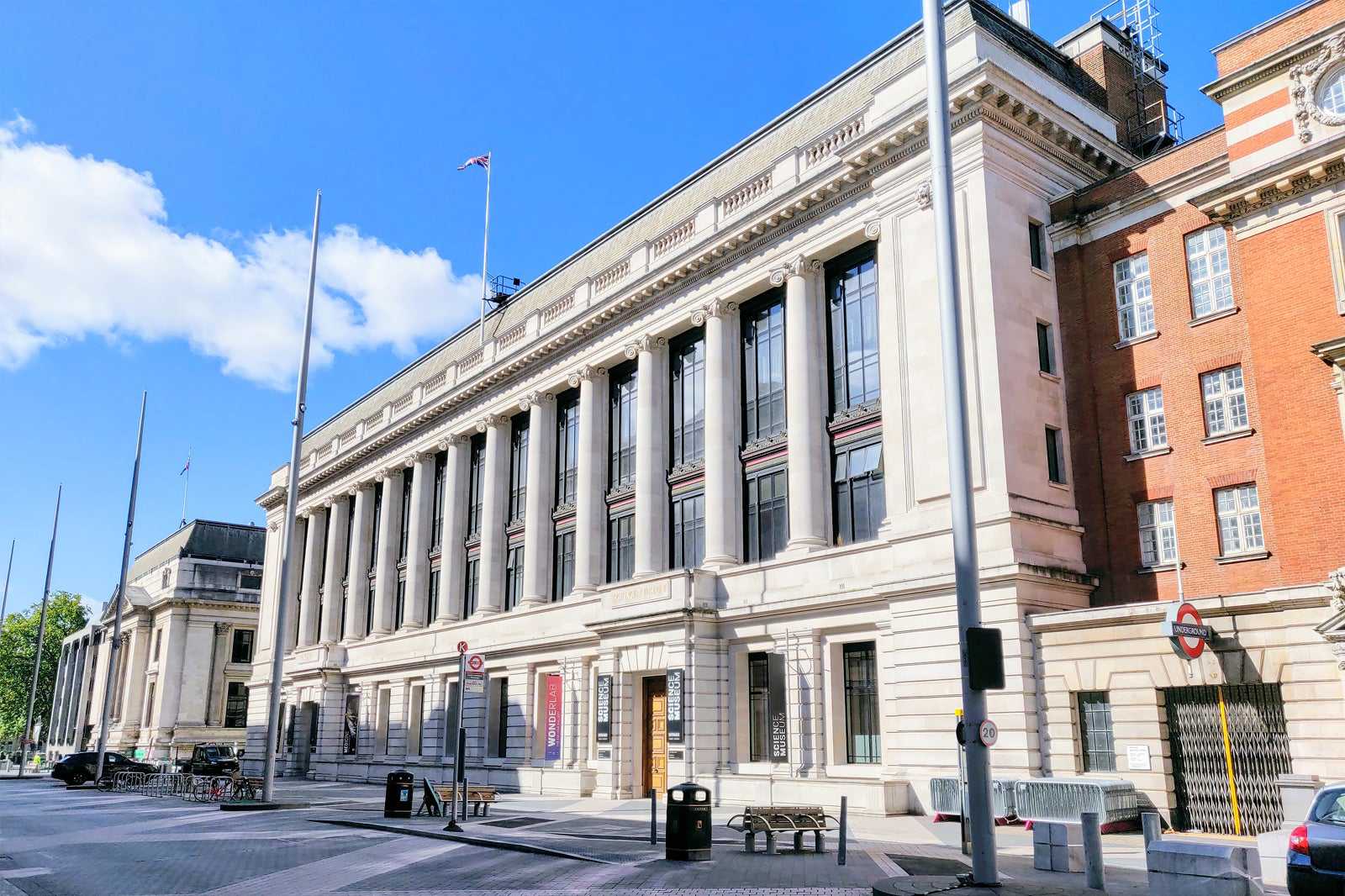
photo by Shadowssettle (CC BY-SA 4.0) modified
Science Museum in London
Location: Exhibition Rd, South Kensington, London SW7 2DD, UK
Open: Wednesday–Sunday from 10 am to 6 pm (closed on Mondays and Tuesdays)
Phone: +44 (0)800 047 8124


